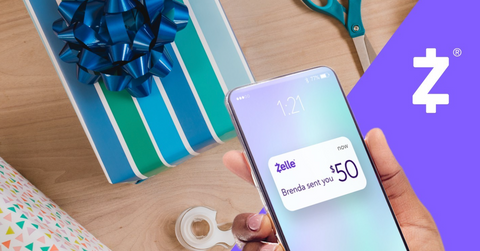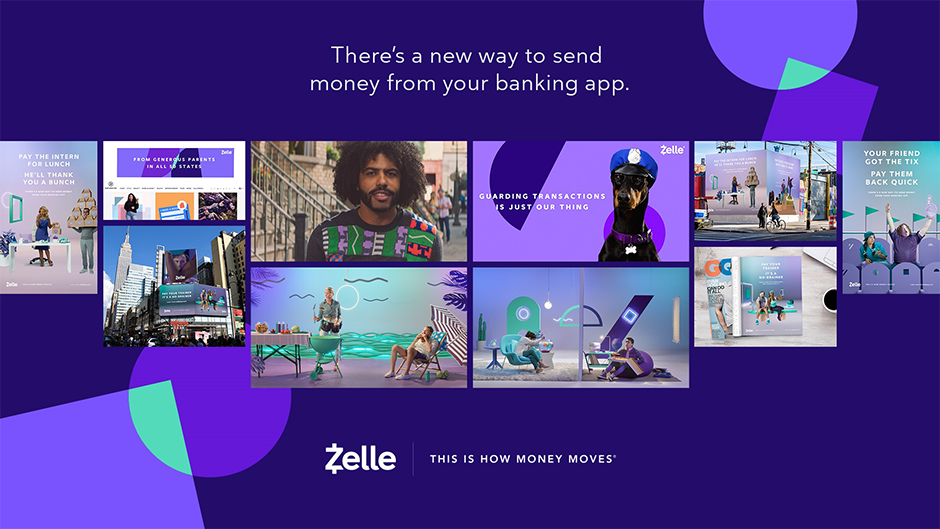Zelle Scams Target Wells Fargo, Banks Aren't Liable for Lost Money
Imaging losing money to a fraudulent attack, and your bank won't refund you any money. Why have Zelle scams been target Wells Fargo customers?
April 5 2022, Published 2:28 p.m. ET

Customers of Wells Fargo, Bank of America, and Chase, have been targeted by Zelle scams for the last few months. In most cases, when a bank customer is the victim of a fraudulent attack and they lose money, they will get the money back from their bank. But scammers have found a loophole in the EFTA (Electronic Fund Transfer Act)—a federal law that's supposed to shield consumers when they engage in fund transfers electronically. How can you protect yourself from this increasingly popular scam?
The Electronic Fund Transfer Act was made law in 1978, as ATM production grew around the U.S. Along with ATM transactions, the EFTA provides protection on electronic fund transfers that are made with a phone, point-of-sale, debit or credit card, and direct deposits. While the Federal Reserve helped pass the original law, the CFPB (Consumer Financial Protection Bureau) has the authority to make adjustments to the law.

What is the Consumer Financial Protection Bureau?
The CFPB is a federal agency that's designated to ensure that consumers are treated fairly by banks, lenders, and large non-bank entities. The agency also helps provide educational information to those who need it, whether the person is a first-time credit card user or not familiar with mortgage loans. The Fed transferred the rulemaking authority to the EFTA in 2011, which allows the agency to make changes to the law if needed. Now, consumers are demanding changes.
How does the Zelle scam work?
In a common Zelle scam that has occurred lately, a person will receive a fake fraud alert text message from their bank. The message asks the consumer to confirm or deny a pending Zelle transfer. When the consumer replies to the message, they receive a phone call shortly after from someone who claims to be a bank representative. The caller ID will even show that the call is coming from the bank.
The fake bank representative will ask the consumer to provide credentials for their Zelle account to prevent an unauthorized transfer. When the person provides the credentials, the money is taken out of the account. Wells Fargo customers have been the popular targets of this attack lately. The scams have impacted other major banks too including Chase and Bank of America.
In many cases, the banks don't refund the customer because the victim technically authorized the transaction through Zelle. As a result, the fraud isn't an unauthorized transaction that would be covered under the EFTA. It’s a loophole in the law that the CFPB needs to change. According to reports, some customers have been refunded for their losses, but it wasn’t until local news stations started covering and publicizing the incidents.
There are ways to protect yourself from Zelle scams.
Don't give your Zelle account credentials to anyone because no one legit will ever ask for the information. Use two-factor authentication to help strengthen your account against these attacks. If you think a call from your bank may not be legit, call the bank yourself to see if there are any issues.
